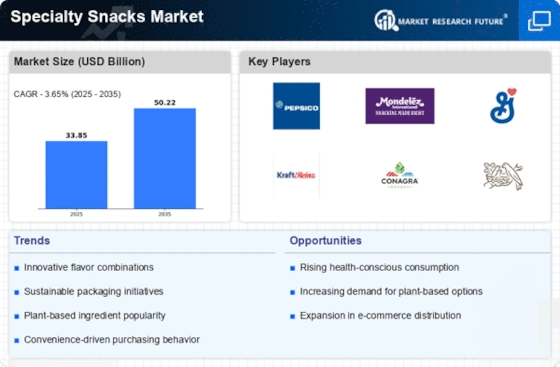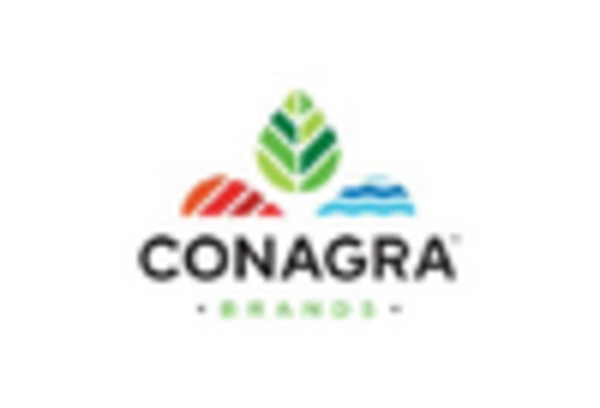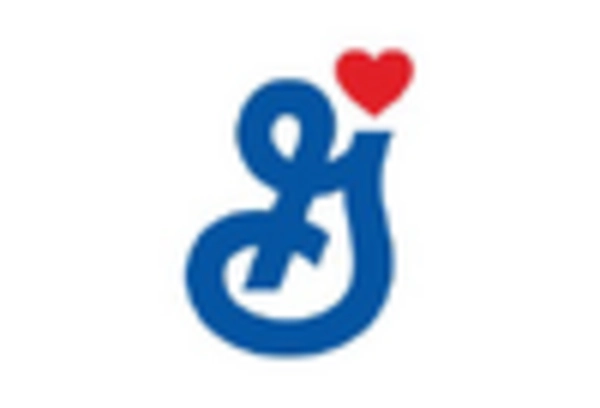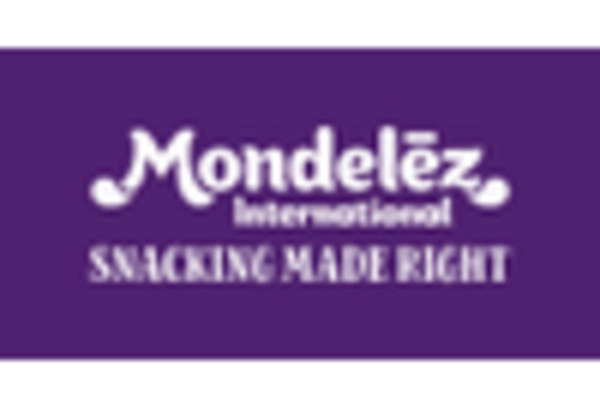Market Share
Specialty Snacks Market Share Analysis
In the bustling Specialty Snacks Market, companies implement diverse strategies to secure market share and distinguish themselves in a competitive landscape. One of the primary tactics employed is product differentiation. Manufacturers of specialty snacks differentiate their offerings by creating unique and innovative products that cater to specific consumer tastes and preferences. For example, some companies may specialize in producing gourmet popcorn with exotic flavor combinations, while others may focus on artisanal nut mixes or plant-based protein snacks. By offering distinctive products that stand out on the shelves, companies can effectively target various market segments and establish a strong presence in the industry.
Pricing strategy is another critical aspect of market share positioning in the specialty snacks market. Manufacturers may position their products as premium, mid-range, or budget-friendly options based on factors such as ingredients, packaging, and brand perception. Premium brands often emphasize high-quality ingredients, upscale packaging, and artisanal craftsmanship, while budget brands may offer more affordable alternatives without compromising on taste or quality. By strategically pricing their products, companies can appeal to different consumer segments and capture market share across various price points.
Distribution channels play a significant role in reaching customers and expanding market share in the specialty snacks market. Manufacturers must ensure their products are available through various channels such as specialty food stores, gourmet markets, online retailers, and subscription services. By establishing a robust distribution network, companies can increase their visibility and accessibility to customers, thereby enhancing their market share.
Marketing and branding efforts are also crucial for market share positioning in the specialty snacks market. Companies invest in branding initiatives to differentiate their products and create awareness among consumers. This could involve developing strong brand identities, implementing targeted marketing campaigns, and engaging with customers through social media platforms and influencer partnerships. By building brand recognition and loyalty, companies can strengthen their market position and attract new customers.
Innovation serves as a key driver of market share growth in the specialty snacks market. Manufacturers continuously innovate by developing new flavors, formats, and packaging designs to meet evolving consumer preferences and trends. For example, companies may invest in research and development to create snacks with unique textures or functional ingredients that offer health benefits or cater to specific dietary requirements. By staying at the forefront of innovation, companies can differentiate themselves from competitors and capture market share in emerging segments.
Partnerships and collaborations can also be effective strategies for increasing market share in the specialty snacks market. Manufacturers may partner with celebrity chefs, influencers, or other food brands to co-create limited-edition snacks or exclusive product lines. For instance, collaborating with a popular chef to develop a signature flavor or partnering with a well-known brand to launch a co-branded snack can help increase brand visibility and drive sales.
Maintaining product quality and customer satisfaction is paramount for long-term success in the specialty snacks market. Manufacturers must uphold high standards of quality and consistency to meet consumer expectations and build trust in their brand. Additionally, providing excellent customer service and support can help foster loyalty and encourage repeat purchases, ultimately contributing to market share growth.


















Leave a Comment